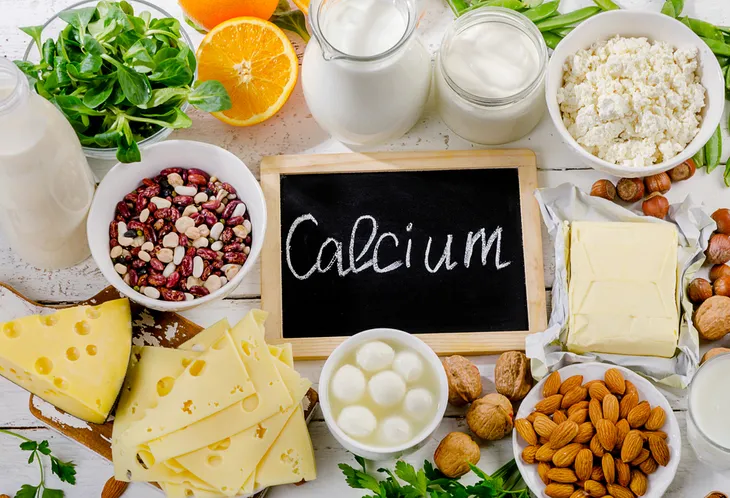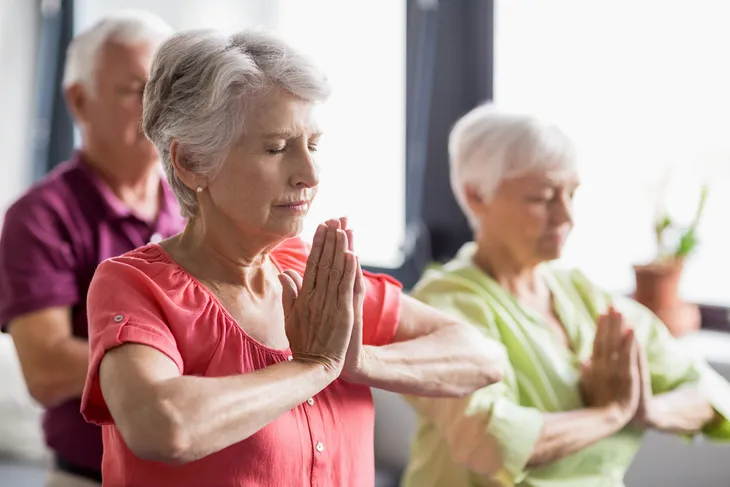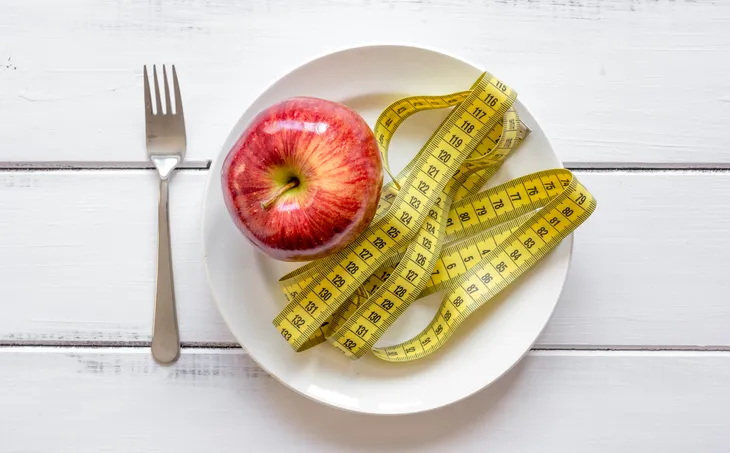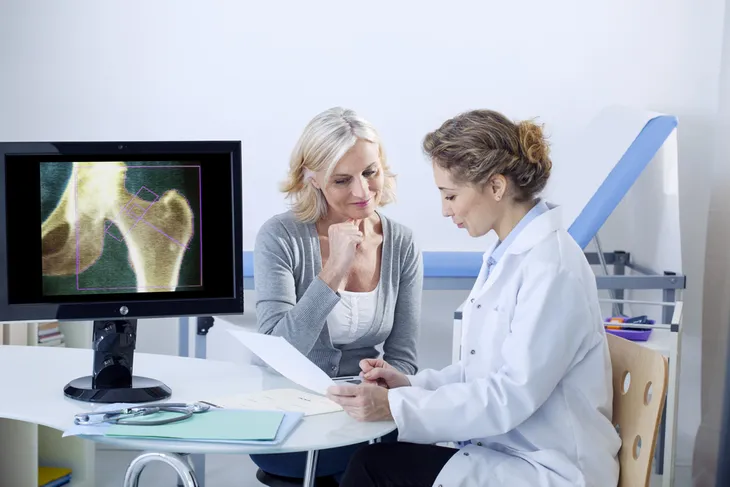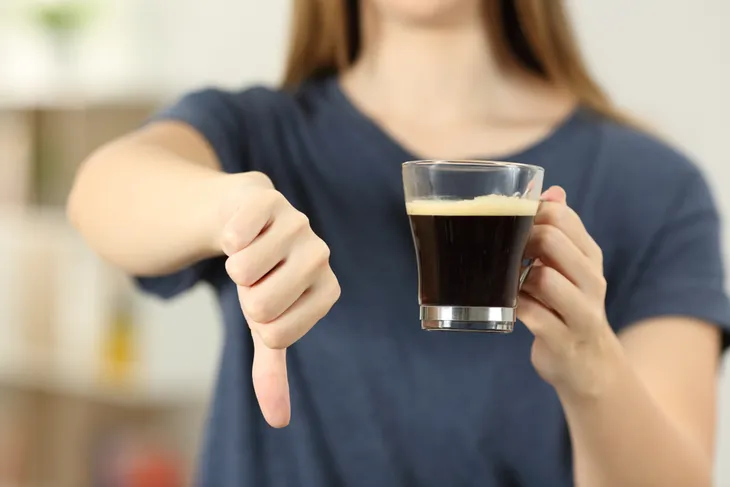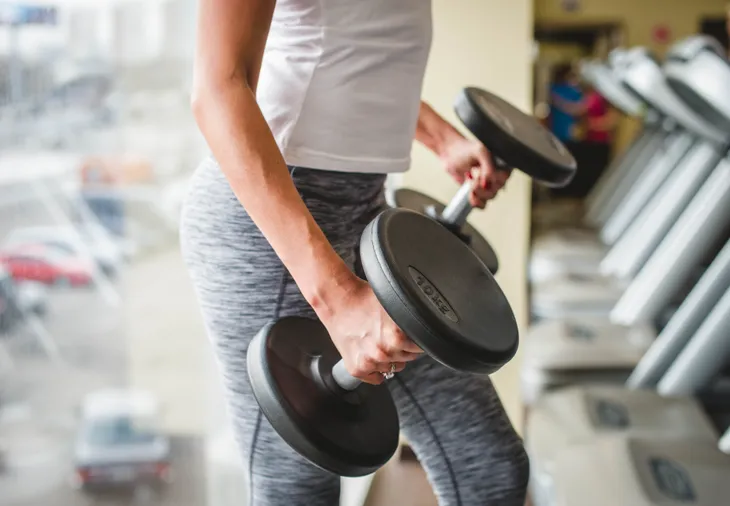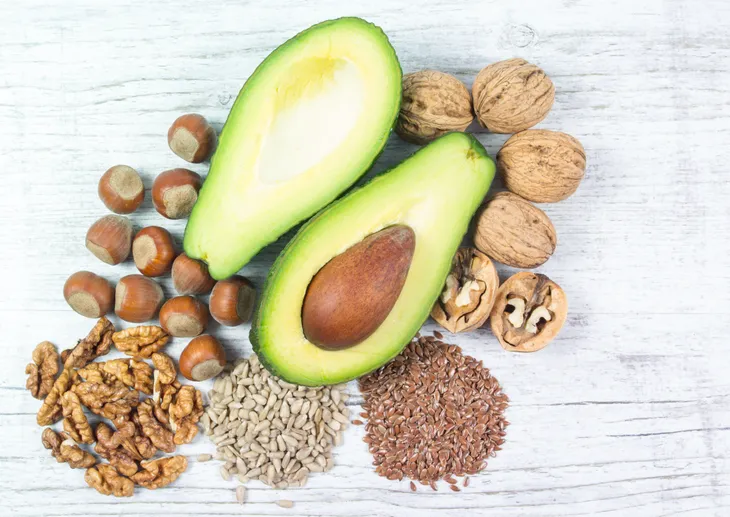According to New York’s Center for Osteoporosis, approximately one in every two women over the age of 50 will suffer a broken bone—particularly of the wrist, spine, or hip—due to low bone mass or osteoporosis. The disease itself affects almost 40-million Americans, the vast majority women, by weakening the bones and making them susceptible to fractures and breaks.
However, osteoporosis isn’t a surefire diagnosis if you’re a woman or even if it runs in your family. You can proactively protect your bones by following these 10 tips during your youth, early adulthood, and even after age 50 to keep your bones strong and healthy as you age…
Consume a Diet Rich in Calcium
You can repair much of the damage of age-related bone loss just by consuming a diet high in calcium that occurs due to decreased estrogen levels (which occurs during menopause) and drains your bones of essential calcium. However, repair can occur if you ensure you’re taking in at least 1,200 milligrams of calcium each day in a diet rich in low-fat dairy (i.e., yogurt, skim milk, cheese), as well as leafy greens, fortified cereals, and bony fish (i.e., sardines and canned tuna in water).
Get Twisted With Yoga
Regular yoga classes, or a personal at-home practice, will do a lot to save your skeleton. In fact, studies show that just 10 minutes of Hatha yoga each day over a 2 year period can strengthen the bones of the spine and hips, reducing the risk of fractures due to accidental falls.
Skip the Crash Diets
According to the National Association for Anorexia Nervosa crash diets, taking diet pills, and developing an eating disorder will deprive your bones of protein and cause your skeleton to thin. Deprivation via crash dieting or starvation will weaken your bones and promote osteoporosis later in life. So concentrate on being healthy and active, not skinny.
Soak Up the Vitamin D
Vitamin D (aka: the sun vitamin) supports strong bones because you need it for calcium absorption. However, sadly most women over the age of 50 don’t get adequate amounts (a minimum of 600 to 800 IUs per day). up to age 50. While those with osteoporosis should be taking supplements or consuming foods rich in vitamin D (i.e., salmon, egg yolks, fortified D yogurt and milk) to ensure a total of 1,000 and 2,000 IUs per day in addition to adequate time soaking up that sunshine.
Get a Bone Density Screening
The quickest way to find out if you’re prone to osteoporosis is by asking your doctor for a bone scan. This screening for women can alert you to the risk of thinning bones that could become osteoporosis later in life. And all women 65-years and older should be screened for bone density.
Butt Out That Cigarette
If the damage on your heart and lungs wasn’t enough, cigarettes, particularly the nicotine and free radicals contained within each puff, increase your risk of bone fractures. The good news for women smokers in their 40s and 50s is that it’s never too late to butt out! The majority of women who quit smoking in their 50s and 60s show improved bone density within one year of butting out for good!
Cut the Excess Caffeine
Studies show that women who drink too much caffeine—either in coffee, caffeinated teas, sodas, energy drinks, and chocolate are actually more prone to hip fractures as they age. That’s why nutritionists suggest no more than 300-milligrams of caffeine per day, which equals about 2-cups of coffee (8 ounce cups).
Pump Some Iron
Women who lift weights and perform some type of high intensity exercise (i.e., skipping rope, boxing, weight-lifting, soccer, aerobics) all boast higher bone density (by up to 15-percent) compared to women who don’t moderately exercise with resistance training. Plus, resistance training not only strengthens bones, it improves balance and coordination to prevent trips and falls.
Consume a Diet High in Good Fat
We already know that omega-3 fatty acids and monounsaturated fats are considered among the “heart healthy” fats. However, it turns out they support bone strength as well. In fact, Greek women who consume a traditional Mediterranean diet (high in olive oil, beans, legumes, fish, and minimal red meat) boast the strongest bone density worldwide!
Switch Bone-Damaging Medications
If you take prescription medications—such as selective serotonin reuptake inhibitors (SSRIs) for depression, steroids for asthma, proton pump inhibitors for digestive conditions—you could be contributing to weak bones without realizing it. So take control of your health, and talk to your doctor about swapping to a different drug that won’t damage your bones.

